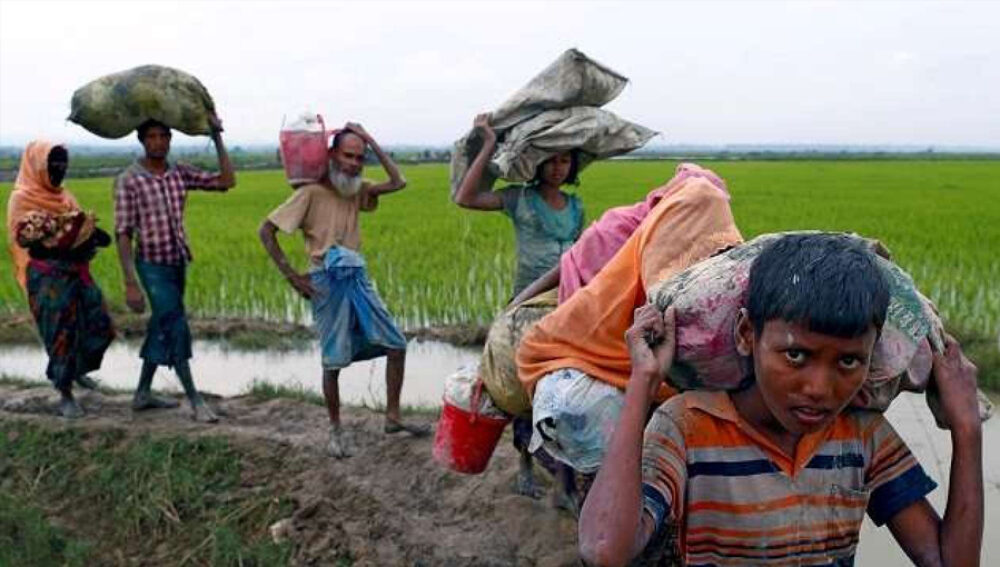Ever since the 1988 pro-democracy uprising, ethnic minority groups, human rights advocates, and others have argued that Myanmar’s armed forces, or Tatmadaw, should be held legally accountable for a wide range of offences. Their concerns were dramatically highlighted in late 2016 and 2017, after the Tatmadaw and police launched “area clearance operations” against the mainly Muslim Rohingya minority in northern Rakhine State.
More than 650,000 refugees were driven into Bangladesh. These events prompted calls for the Myanmar Government and security forces to be brought before an international tribunal for crimes against humanity, including ethnic cleansing and genocide.
For decades, Myanmar’s military leaders have been haunted by the prospect that, one day, they may lose the power to control events and be brought before a court to account for their actions. These fears have been heightened by periodic attempts by the UN Human Rights Council and other bodies to investigate crimes in violation of humanitarian law committed in Myanmar.
To date, international scrutiny, pressure, and diplomatic engagement have not resulted in any meaningful changes. Those implicated in human rights violations have effectively enjoyed impunity. Due to the latest Rohingya crisis, however, pressure to hold them in some way criminally accountable is mounting.
Please click here to read the full “The Rohingua question: Determining who to hold to account” article in The Interpreter by Griffith Asia Institute Adjunct Associate Professor, Dr Andrew Selth.








